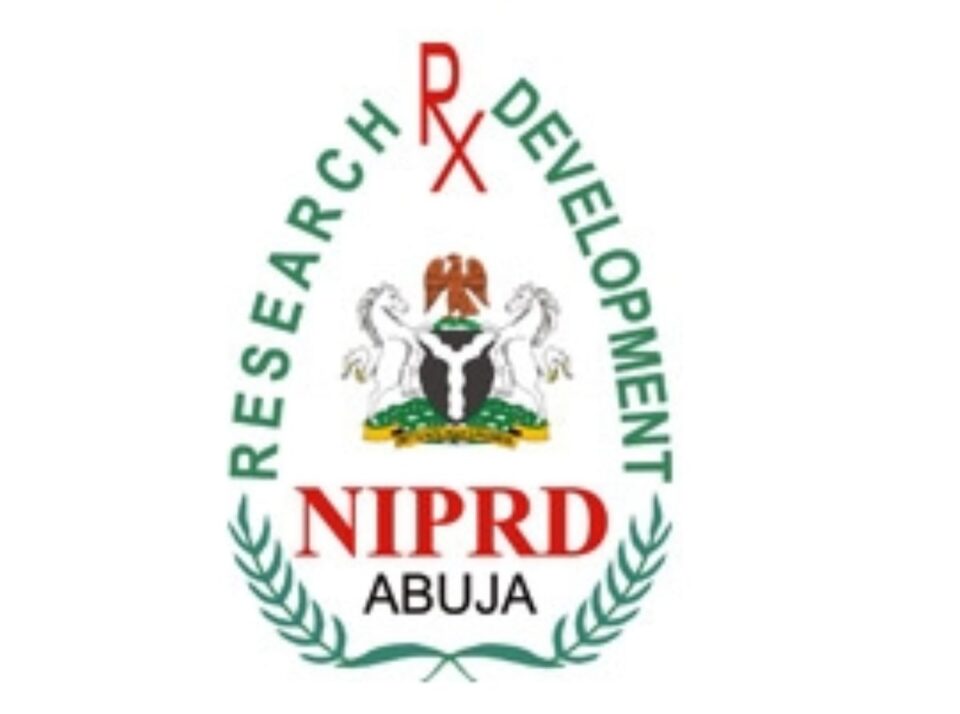By Emma Okereh
To curb the menace and ameliorate the trauma caused by sickle cell disease to the sufferers, the National Institute of Pharmaceutical Research Development (NIPRD), has distributed the NIPRISAN, Niclovix, anti sickling capsules drugs to patients in the Federal Capital Territory (FCT).
Briefing newsmen at the Institute’s Health Week Programme held on August 4th, the director, research clinic (NIPRD), Dr Margaret Ekpenyong, stated that the health week programme is to create more awareness and educate all Nigerians especially those at the local communities on how to prevent feature occurrences in the society.
According to her, sickle cell disease (SCD) is a genetic blood disorder affecting red blood cells, with high morbidity and mortality rates.
Ekpenyong noted that the United Nations has recognized (SCD) as a global public health concern, and the World Health Organization (WHO) recommends that 50% of member states would have established SCD control programs by 2023 (World Health Organization, 2026).
”This among underage children less than 18 years of age in Africa, between the 12-14 20-30 has the highest rated of mobility which make entire African countries to take lead of this deadly disease so far.
”However, the incidence, prevalence, morbidity, and mortality; current practices and challenges related to screening, diagnosis, and treatment; and recommendations for practice, policy, and research to improve health outcomes of children with SCD in Africa.
”The institute was designated a center of excellence in Africa sub-sahara region in research and development of drugs vaccines, phytomedicines, and diagnosis towards improving the health and wellbeing of Nigerians.
”We have also achieved in time of sickle cell disorder, tuberculosis, malarial, fungal infections, diabetes, HIV/AIDS, and health data management since the inception of the institute.
“There have been significant improvements in the morbidity and mortality rates for children with SCD in high resource countries such as the United States due to factors such as early diagnosis through newborn babies screening programs, prophylactic therapy, comprehensive care programs including hydroxyurea therapy, and bone marrow transplant.”
“Many of these interventions can confer the same benefits to SCD patients in Africa. Newborn screening for SCD, developing partnerships between high resource countries and countries in Africa to support training of healthcare workers, research, and sharing of knowledge can help to reduce the SCD burden in Africa, she added.” The Health Week featured keynote address, lecture, Interactive session with patients and other participants, questions and answers session as well as opening of new clinic center. It also featured goodwill messages from stakeholders.



